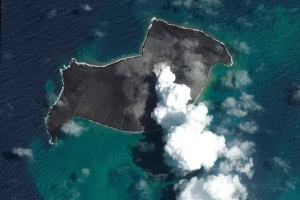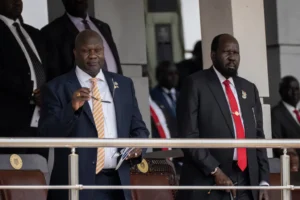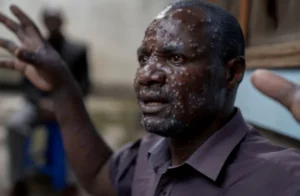In a determined step towards achieving Open Defecation Free (ODF) status, the Federal Capital Territory (FCT) of Nigeria has intensified efforts to improve Water, Sanitation, and Hygiene (WASH) across its six Area Councils, aligning with global targets under the United Nations Sustainable Development Goal 6 (Clean Water and Sanitation for All).
At a recent one-day stakeholder workshop held in Abuja, the FCT Rural Water Supply and Sanitation Directorate (RUWASSA), in collaboration with WaterAid Nigeria, unveiled findings from a WASH baseline survey. The event brought together key government agencies, development partners, civil society organizations, and traditional leaders to discuss targeted interventions for water and sanitation equity.
Bridging Gaps in Sanitation and Hygiene
Overseeing Director of FCT RUWASSA, Mr. Luke Ifop Ulom, highlighted that the survey findings reveal persisting gaps in access to potable water and improved sanitation in under-served rural communities. He emphasized the need for intensified hygiene education to combat waterborne diseases and drive community-led behavioral change.
“Let us commit to collaborative efforts that will translate the baseline data into impact-driven interventions,” Ulom said. “Together, we can build resilient communities with improved health outcomes and sustainable livelihoods.”
He stressed the importance of scaling up the progress already made in Bwari and Kwali to all six Area Councils, through strengthened partnerships with UNICEF, WaterAid, and private sector actors.
Community Voices and Global Lessons
Nanpet Chuktu, Head of Programmes at WaterAid Nigeria, hailed the collaboration as a model of government-led initiative towards tackling the root causes of preventable sanitation-related diseases. He noted that WaterAid continues to support the FCT administration and Area Councils in boosting access to clean water and hygiene education.
“Improved hygiene stems not just from infrastructure, but from awareness—knowing what to do and how to prevent disease. These are pillars we’ve actively promoted in Bwari and Gwagwalada,” Chuktu added.
Echoing the urgency at the grassroots level, the traditional ruler of Zuba, HRH Muhammed Bello Umar, represented by Magajin Garin Zuba, stressed the critical need for functional toilets and public awareness in rural and peri-urban communities. “We cannot win the battle against open defecation without proper sanitation facilities and community responsibility,” he said.
A Step Towards SDG 6
Nigeria remains one of the countries most affected by open defecation globally, with millions lacking access to safe sanitation. The FCT’s approach reflects a growing movement across Africa and the Global South to localize WASH interventions—integrating data, leadership, and community voices.
The dissemination of the FCT WASH baseline report is not just a milestone for the capital territory—it is a signal to other regions that cross-sectoral collaboration and strong political will can accelerate progress towards universal access to water and sanitation.










